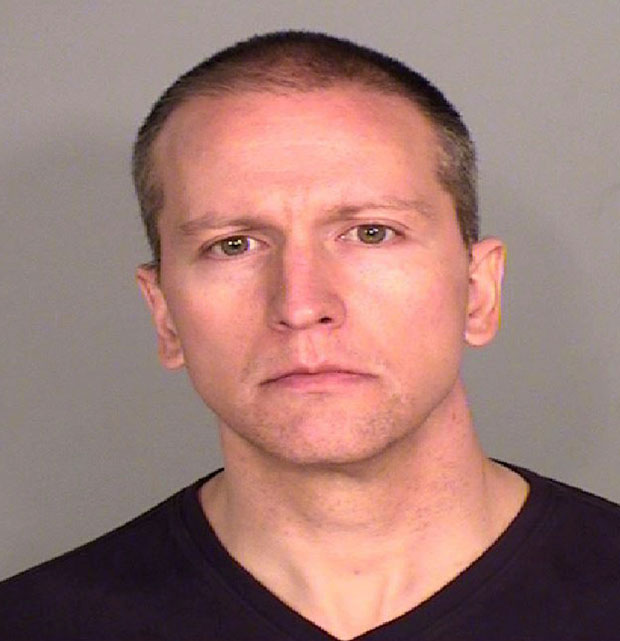
Fired Minneapolis police officer Derek Chauvin, 44, was arrested and charged with third-degree murder and manslaughter for the death of unarmed African American man George Floyd on May 29. Minnesota criminal attorney and Certified Criminal Trial Specialist, Bruce Rivers told HollywoodLife about how the case may or may not unfold over the course of the next several months. Derek first gained attention on May 26, one day after Floyd’s death, due to a viral video that showed him holding his knee on Floyd’s neck for almost nine minutes after responding to a complaint of a “forgery in progress” even though Floyd repeatedly told him he couldn’t breathe.
Now that he is facing two different counts, he could face a maximum of 25 years in prison if convicted, but Rivers told us it will probably be less. “He was charged with 3rd degree murder as perpetrating eminently dangerous act and evincing depraved mind,” Rivers said. “Although the maximum sentence is 25 years, first time offenders usually don’t get the statutory maximum.”


“He will likely get somewhere along the guidelines which are 128 to 180 months with the mid-range of 150 months. For the 2nd degree manslaughter charge, that’s 48 months,” he continued. “If he’s sentenced to 48 months, he would serve 32 months. You get a third of the time off for good behavior. However, while he can be found guilty of both crimes, he can only be sentenced to one.”
Rivers went on to explain that although the sentence could be less than the maximum due to a first-time offense, it could also go the other way with a worst case scenario being a sentence “above the guidelines.” “Worst case scenario is upward departure which means a judge will sentence above the guidelines because the conduct is so bad or egregious,” he said.
He also talked about how things differ with Chauvin’s case because he’s being charged as a police officer and admitted that although prosecutors are not supposed to have to reach a higher standard to prove guilt in cops with juries, it often is the case. “They’re not supposed to but it kind of turns out that way,” he explained. “The system of justice is supposed to work equally for everybody.”
“Some people give police officers the benefit of the doubt because they are police officers,” he went on. “Some people do the opposite. So when somebody is prosecuted as a police officer, a prosecutor has got to get his ducks in a row and make sure everything is really solid before proceeding.”
Rivers concluded by saying a trial in this case could take up to a year and since the incident is all on video, he doubts that Chauvin will be able to avoid any jail time. “You know it’s hard to say what a jury will do, but with all the publicity on this case and even without the publicity, it’s all on video,” he said. “It’s so clear what he did and he really should have known that what he was doing was causing severe harm so if he gets convicted, which I’m sure he will, he’ll go to prison.”


